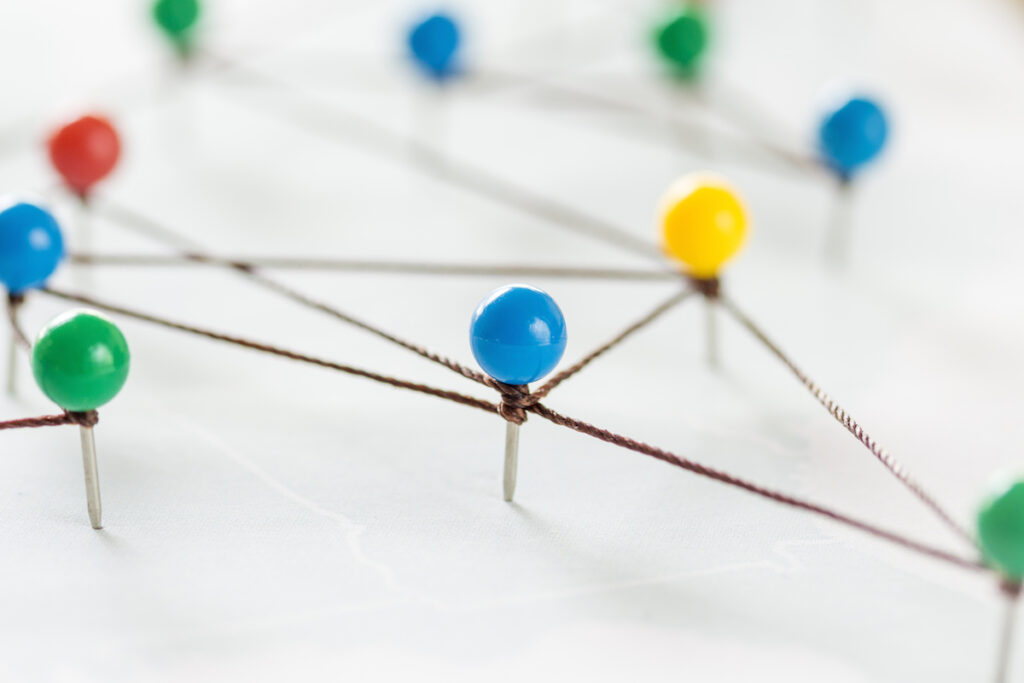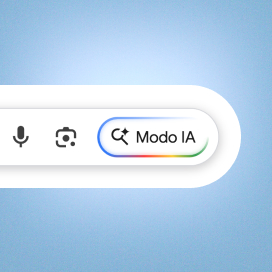Written by Merche Martínez
Index
- Sponsored links
- ugc links
- Change of guideline to suggestion for nofollow
- Google answers questions related to this change
- Do I have to change the current nofollow links?
- Can more than one value be used in the links?
- Is it necessary to continue marking sponsored links?
- What happens if I use the wrong attribute?
- Why should I use the new attributes?
- Will it encourage spam in comments and user-included content?
- When does this change take effect?
- Linking guidelines

Let’s see in detail what each of these new values that the rel attribute can adopt implies.
Sponsored links
Google invites us to use the rel=”sponsored” attribute instead of the current rel=”nofollow” for links that involve an economic transaction. If we include a sponsored link, an advertisement or any paid link on our website, we must use this attribute.
ugc links
For user-generated links, we must use the rel=”ugc” attribute. This content is found in comments made by users or in forum postings. Currently, many content managers add the rel=”nofollow” attribute to these links. Despite using this link, it is advisable to take the necessary measures to avoid link schemes.
Change of guideline to suggestion for nofollow
The rel=”nofollow” link attribute will still be used to indicate that a link is unnatural. The great novelty of this announcement is that this value is no longer a directive but a suggestion that this link should not transfer popularity. The new sponsored and ugc values of the rel attribute are also treated as suggestions. Finally, Google’s algorithm will decide whether or not to transfer link popularity with these rel attribute values.
“All rel attribute values-sponsored, ugc and nofollow-are treated as indications of which links should be considered or excluded in search. We will use these indications-along with others-to better understand how to properly parse and use these links within our systems.” (Translation of “All the link attributes — sponsored, UGC and nofollow — are treated as hints about which links to consider or exclude within Search. We’ll use these hints — along with other signals — as a way to better understand how to appropriately analyze and use links within our systems.“)
Until now, the page receiving the link with rel=”nofollow” did not benefit from the popularity and credibility of the page from which the link originated. From now on, it will be up to Google to decide whether these links bring popularity.
Why this change?
From what is discussed in the article, the links contain information that helps to better understand unnatural link patterns. Perhaps this information can be useful for a new Google Penguin update.
Do I have to change the current nofollow links?
No, sponsored links or user-included links with rel=”nofollow” attribute are fully supported. For example, comment management plugins have been implemented to include nofollow by default. This usage will continue to be correct, although the use of the new values is recommended whenever possible.
Can more than one value be used in the links?
Yes. An example would be, rel=”ugc sponsored” which would give the suggestion that this link is included by users and is sponsored. It is also valid to use nofollow with the new values, as in the case of rel=”nofollow ugc”, for search engines that do not support these new attributes.
Is it necessary to continue marking sponsored links?
Yes, if you wish to avoid a penalty. We can use rel=”sponsored” or rel=”nofollow” to mark these links. Although the use of rel=”sponsored” is preferable, both values will be treated in the same way.
What happens if I use the wrong attribute?
The sponsored link attribute is the only one that can cause doubt. If we qualify a user-generated link or an unnatural link as sponsored, Google will see that suggestion but the effect will be as if a nofollow is detected. What is recommended is that a link that is clearly sponsored should preferably include the attribute rel=”sponsored” or rel=”nofollow”.
Why should I use the new attributes?
The use of the new attributes helps to better process links for web analytics.
Will it encourage spam in comments and user-included content?
Many websites that rely on user content have their own moderation tools. The ugc and nofollow link attributes will continue to be an additional piece of information about the link. Generally, new attributes will be treated like the current nofollow, despite being treated as a suggestion. Google will continue to evaluate the use of links as it did until now for links that did not include attributes.
When does this change take effect?
Google already records the new links for ranking purposes, but it will not affect crawling and indexing until March 1, 2020. It will be interesting to see what happens when this change takes effect.
Linking guidelines
Google’s guidelines for links remain the same as the search engine has been preaching for years: links must be included on pages with unique content and take us to useful information for the user and related to the content of the page that includes it. Content is king and satisfying the user is the goal, so working on natural linking is the surest way to improve the popularity profile.



